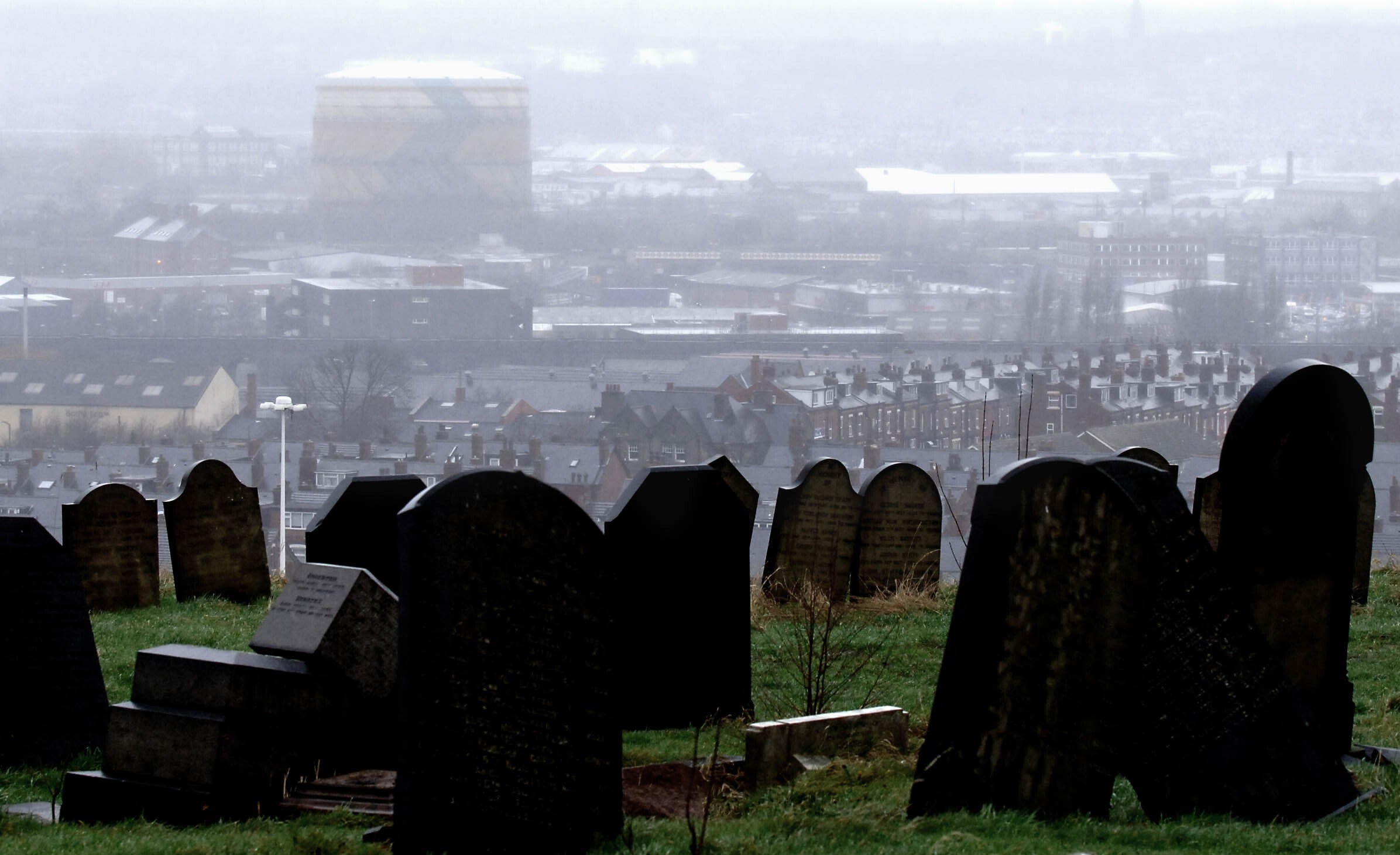27,000 fewer deaths each year from cold as climate warms, ONS estimates
But there was a net increase in hospital admissions linked with warmer weather.

Your support helps us to tell the story
From reproductive rights to climate change to Big Tech, The Independent is on the ground when the story is developing. Whether it's investigating the financials of Elon Musk's pro-Trump PAC or producing our latest documentary, 'The A Word', which shines a light on the American women fighting for reproductive rights, we know how important it is to parse out the facts from the messaging.
At such a critical moment in US history, we need reporters on the ground. Your donation allows us to keep sending journalists to speak to both sides of the story.
The Independent is trusted by Americans across the entire political spectrum. And unlike many other quality news outlets, we choose not to lock Americans out of our reporting and analysis with paywalls. We believe quality journalism should be available to everyone, paid for by those who can afford it.
Your support makes all the difference.Climate change has led to more than half a million fewer deaths over the past 20 years, analysis from the Office for National Statistics suggests.
There has been a reduction in deaths caused by cold winters since 2001 in England and Wales as the climate warms, while there was relatively little increase in deaths due to hotter weather, the figures show.
Temperature-related deaths, with the UK experiencing fewer cold days and more warm days, have fallen by 555,103 or an average of 27,755 deaths a year between 2001 and 2020.
Analysis which just looked at the four warmest months of the year, where the impact of global warming delivering more extreme heat would be seen, showed an increase of just 1,673 deaths or an average of 84 per year associated with more warm days over the 20-year period.
But there was a net increase in hospital admissions linked with warmer weather, of 72,121 over nine years from 2010 to 2018 in England, with injuries the leading cause of ending up in hospital.
The ONS said previous research has linked warmer weather to injuries from outdoor activities, increased violence and mental health problems.
Direct harm from extreme heat is less common but it is likely to change over time, although in the UK’s temperate climate the impact is limited and appropriate policies and behaviour changes could mitigate much of the health risk from rising temperatures, the statistics body suggested.
The reduction in cold-related deaths could also reflect better housing and healthcare, the ONS said.